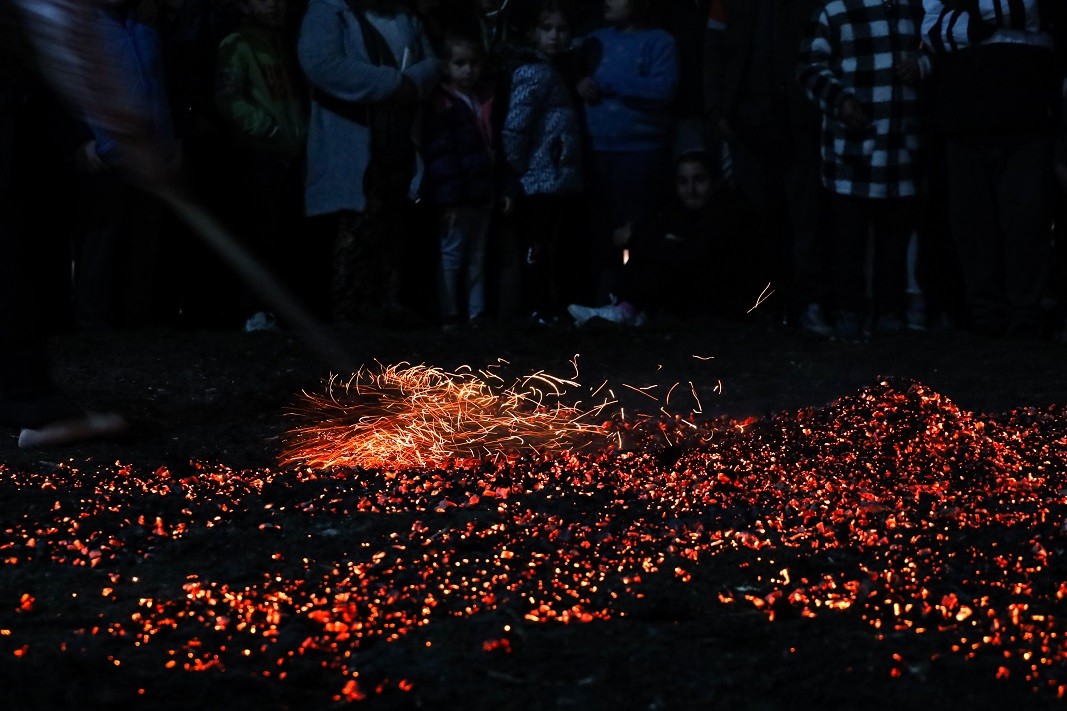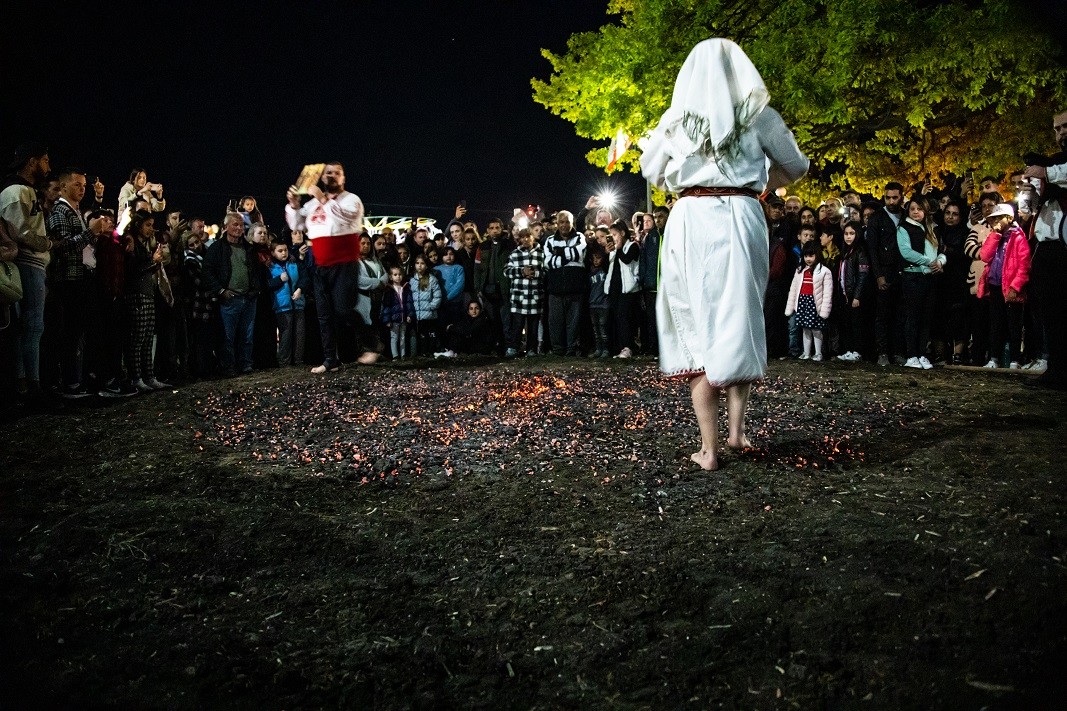Roman emperor Constantine the Great (AD 306 to 337) introduced the Christian religion as official in the Byzantine Empire. His mother, Helena, discovered the cross on which the Savior was crucified and built several monasteries in the Holy Land. The discovery of the Cross is considered the most important event in the history of Christendom, and Emperor Constantine and his mother Helena were canonized as saints.
In Bulgarian folk customs, the feast intertwines the traditions of Christianity with pagan traditions of dancing on live coals - the Nestinari dance. It is preserved to this day in some areas, in its original form. In many places it is also performed as a show for tourists.


One of the most renowned Bulgarian poets, Atanas Dalchev, was born on June 12, 1904, in Thessaloniki, in a wealthy family living near the White Tower. His father, Hristo Dalchev, was among the most prominent Bulgarian citizens in Thessaloniki. He was a..
The exhibition "The Lords of Salt: Provadia - The Saltworks 5600 - 4350 BC" will be presented in Sofia. The temporary exhibition will be officially opened on June 11 at the National Archaeological Institute and Museum of the Bulgarian Academy of..
The testimonies of those who took part in the fateful events of 1876 are numerous and often contradictory. But the letters and documents about the April Uprising, which led to the liberation of Bulgaria , paint a fuller picture of the events that goes..

+359 2 9336 661
